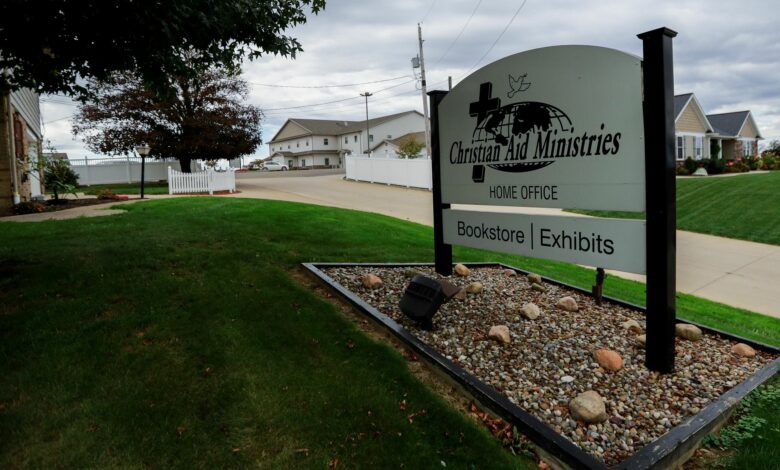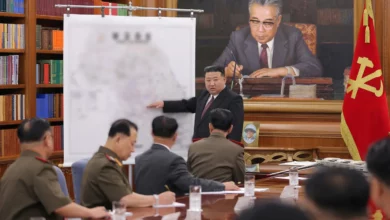
PORT-AU-PRINCE, Oct 17 (Reuters) – A U.S. Christian aid organization on Sunday said a group of its missionaries had been kidnapped in Haiti, a further sign the Caribbean nation’s gangs are growing increasingly brazen amid political and economic crises.
The group was in Haiti to visit an orphanage when their bus was hijacked on Saturday outside the capital Port-au-Prince, according to accounts by other missionaries, amid a spike in kidnappings following the murder of President Jovenel Moise.
Ohio-based Christian Aid Ministries said it had no information on who was behind the abduction nor where they took the group, which includes 16 Americans and one Canadian.
“We are seeking God’s direction for a resolution, and authorities are seeking ways to help,” it said in a statement.
A spokesperson for Haiti’s police said they did not have any information to provide about the incident.
The U.S. State Department said it was aware of the reports. U.S. embassies typically do not release information about citizens due to privacy regulations.
Kidnapping has been on the rise for months in Haiti as the impoverished country’s economy worsens, though abductions of foreigners are relatively rare.
Victims generally come from the Haitian middle class – teachers, priests, civil servants, small business owners – who cannot afford bodyguards but can scrape together a ransom.
Haitian migrants in September gathered at the U.S. border with Mexico in hopes of finding economic opportunities, only for U.S. authorities to deport some 7,000 of them.
Security experts believe a gang called 400 Mawozo was involved in the abduction of the missionaries.
The group dominates the Croix-des-Bouquets area, east of Port-au-Prince, and is near where the missionaries were reported to have been abducted.
400 Mawozo is suspected being involved in the April kidnapping in the same area of a group of priests and nuns that included French citizens.
U.S. Congressman Adam Kinzinger, an Illinois Republican, told CNN the United States must find the missionaries and seek to negotiate their release without paying a ransom, or should use the military or police to secure their freedom.
“We need to track down where they are and see if negotiations – without paying ransom – are possible. Or do whatever we need to do, on a military front or a police front,” said Kinzinger who sits on the House Foreign Affairs Committee.
Reporting by Caribbean newsroom; Additonal reporting by Barbara Goldberg and Kanishka Singh; Writing By Cassandra Garrison, Arshad Mohammed and Brian Ellsworth; Editing by Nick Zieminski, Christian Plumb and Daniel Wallis




